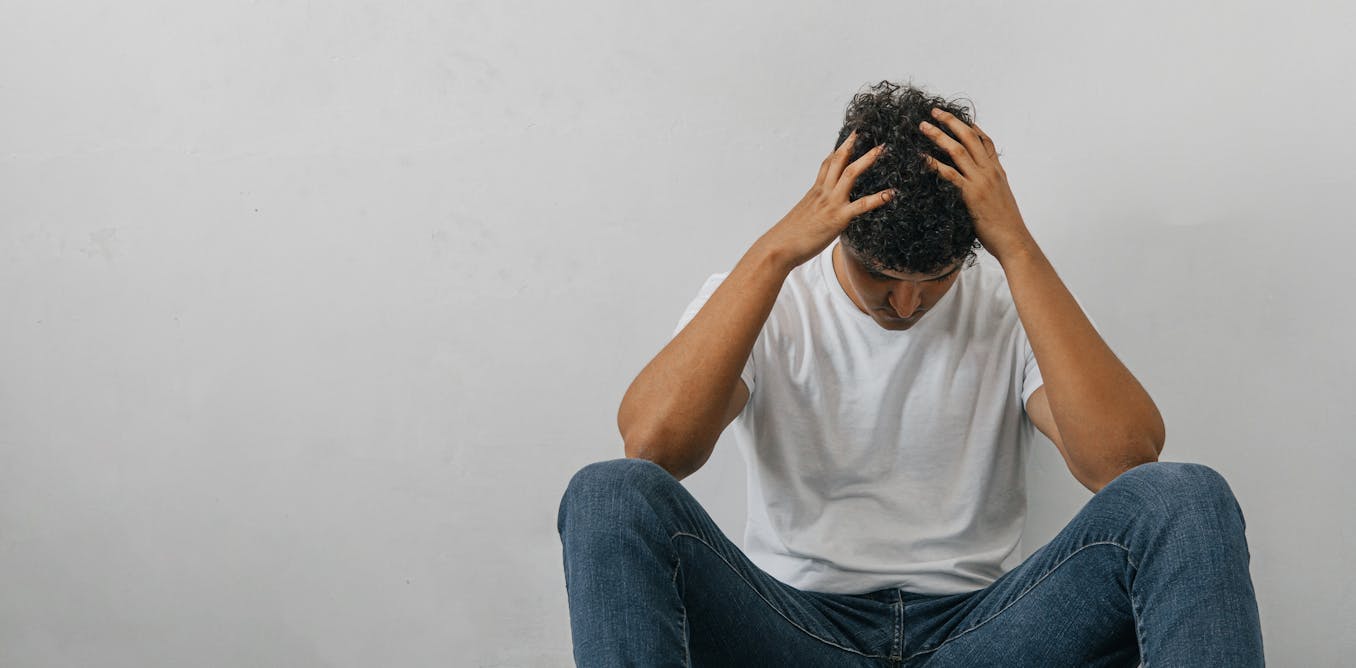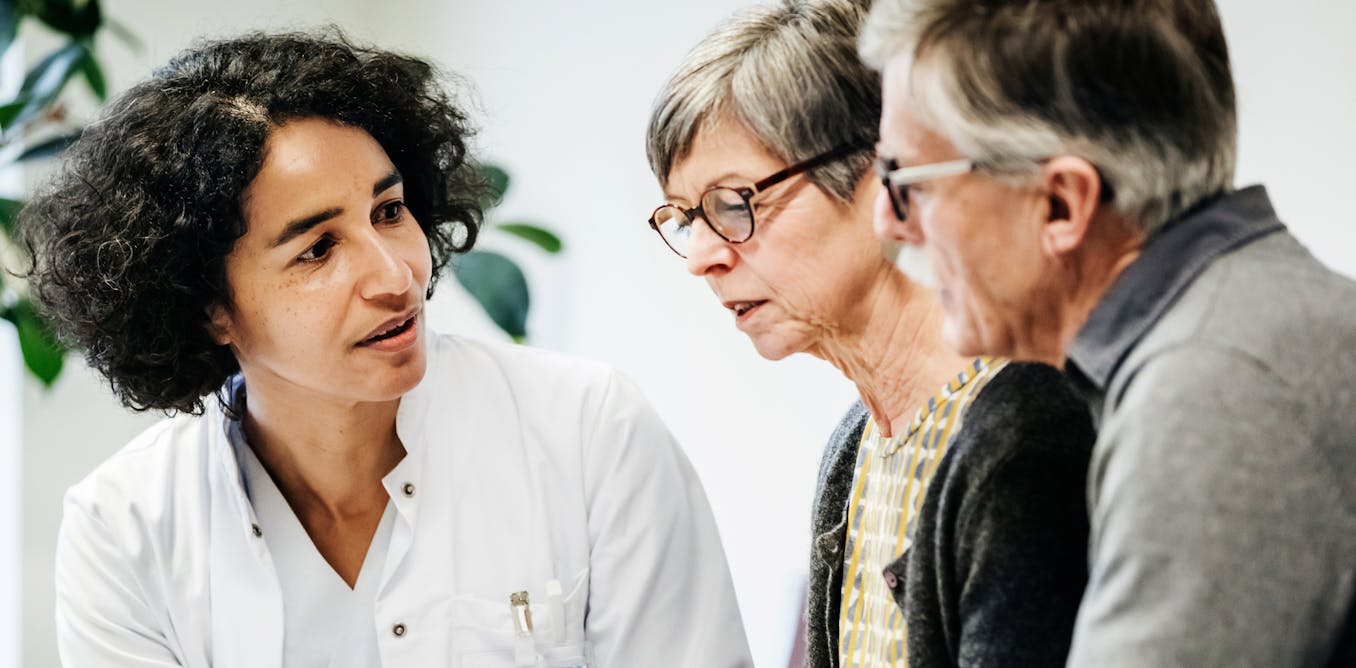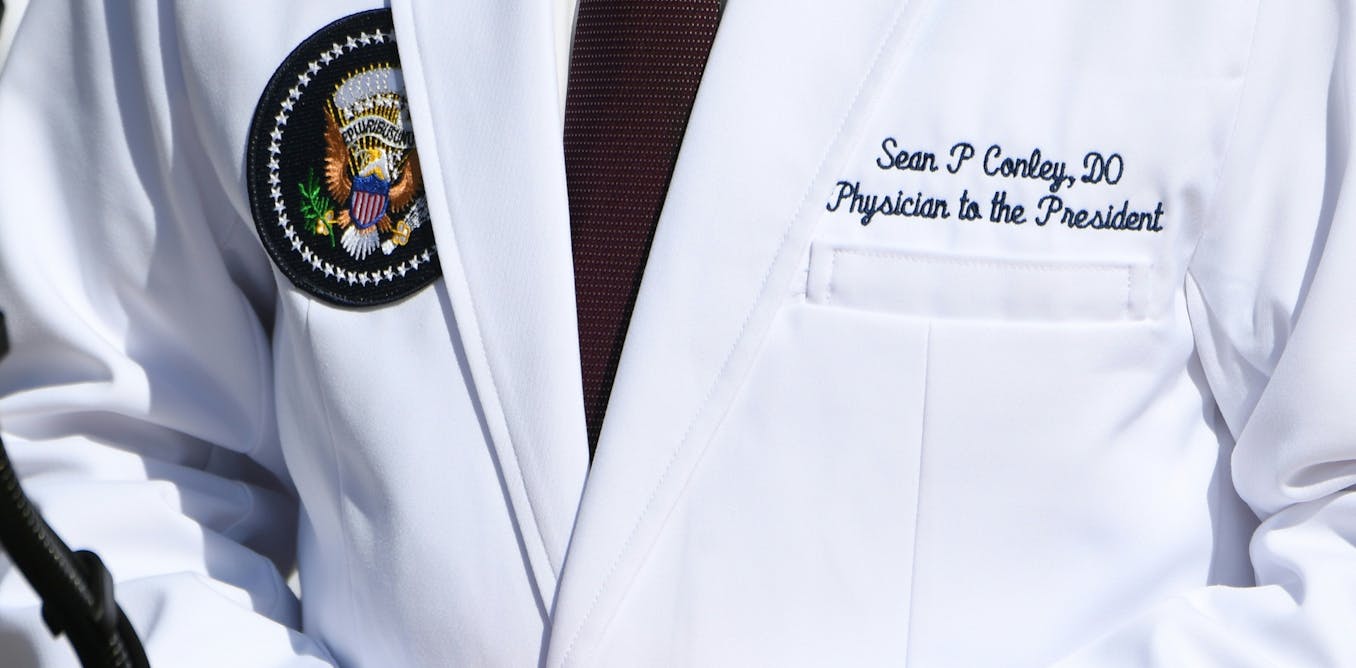Suicide has reached epidemic proportions in the US − yet medical students still don’t receive adequate training to treat suicidal patients
Close to half of those who die by suicide saw a primary care doctor within a month of their death.
Nathaly Shoua-Desmarais, Assistant Dean for Student Success and Well-Being and Associate Professor of Psychiatry and Behavioral Health, Florida International University •
conversation
Feb. 1, 2024 • ~11 min
Feb. 1, 2024 • ~11 min



